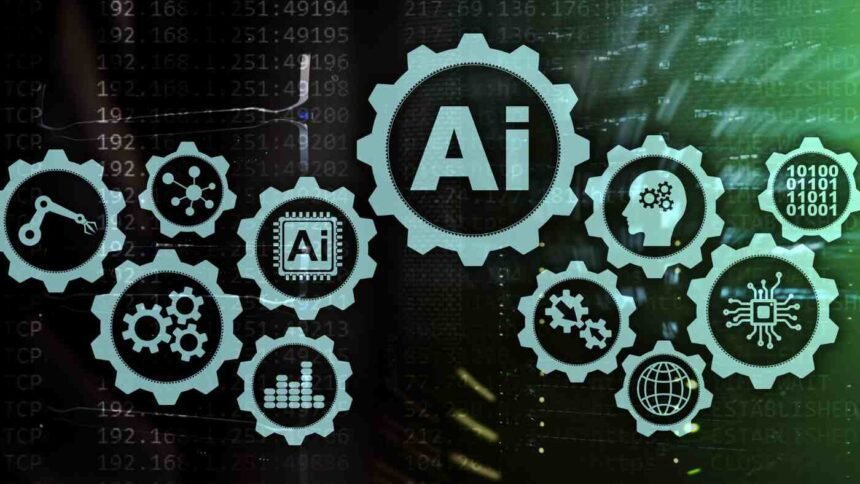ChatGPT has been very popular even though there are a lot of other AI-powered conversational tools out there. Yet, new competitors appear with distinctive features and capabilities that expand the bounds of what we can accomplish in terms of communication and problem-solving, thanks to the advancements in technology. In this piece, we explore five exceptional options that stand out when it comes to conversational interfaces and artificial intelligence chatbots. When compared to ChatGPT, each tool stands out due to its unique combination of features that cater to certain needs and provide users with improved functionality. Let’s go on an adventure to learn about these state-of-the-art resources and see why they might represent the future of conversational AI.
- ChatSonic: ChatSonic is widely recognized as the most effective alternative to ChatGPT, as it offers a conversational AI experience that is both efficient and robust.
- HIX.AI: HIX.AI is a tool that stands out among the alternatives to ChatGPT because it provides a variety of features, both free and paid, for a variety of applications.
- Claude: Particularly lauded for his general writing, straightforward conversations, and fundamental knowledge. To a certain extent, users consider the writing of Claude to be superior to that of GPT.
- Writesonic: Another formidable alternative, with free and paid tiers to cater to users looking for flexible conversational AI.
- NLP Cloud’s ChatDolphin: When compared to ChatGPT, it is acknowledged for having fewer restrictions, which is one of the reasons why some users might choose it instead.
- Jasper Chat: A different kind of artificial intelligence conversation experience is offered by Jasper Chat, which is well-known for both its free trial and its paid plans.
Why ChatGPT Alternatives Stand Out
- ChatSonic: ChatSonic stands out with its superior user experience, which complements its well-known efficiency and powerful conversational AI.
- HIX.AI is a versatile alternative to ChatGPT that provides a variety of features, both free and paid, that are designed to meet the needs of a wide range of applications.
- Claude: People who use it love it because it’s better than GPT in some ways, and it really shines when it comes to basic knowledge, simple conversations, and general writing.
- Writesonic is a formidable competitor that offers users a versatile conversational AI experience. It offers both free and paid options without compromising on its quality.
- NLP Cloud’s ChatDolphin: As a result of its reputation for being less restrictive, it differentiates itself as a preferred option for certain users who are looking for freedom in their interactions.
- Jasper Chat: This artificial intelligence conversation platform, Jasper Chat, provides users with an alternative AI conversation experience and offers both a free trial and paid plans.
Pros and Cons of Using AI tools
There are a lot of benefits to using AI tools, but there are also some problems. Included below are a few important advantages and disadvantages:
Pros:
- Efficiency: AI tools improve efficiency by automating repetitive tasks, which enables faster and more accurate data processing and analysis. This is one way that AI tools contribute to efficiency.
- Convenience: AI has the potential to enhance the quality of life by making routine tasks easier and more enjoyable, which in turn enhances health.
- Decisions Based on Preset Parameters: Artificial intelligence (AI) eliminates the need for human biases and emotions by exclusively using logic to make decisions.
- Innovation: Advancements in machine learning, computer vision, natural language processing, and other fields are made possible by AI tools, which in turn drive innovation.
Cons:
- High Costs: The development and upkeep of artificial intelligence tools are both expensive endeavors that necessitate ongoing updates to both the hardware and software in order to satisfy ever-changing requirements.
- Lack of Nuance and Emotion: Artificial intelligence does not have the capacity to understand nuance and emotion, which makes it difficult for it to deal with situations that require human empathy and understanding.
- Dependency and Job Loss: If we rely too much on AI, it could end up displacing people from their jobs because machines can do some functions that humans used to do.

